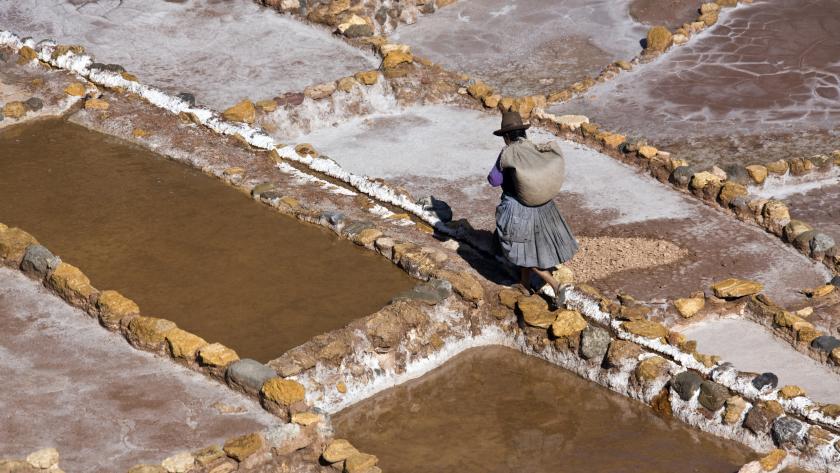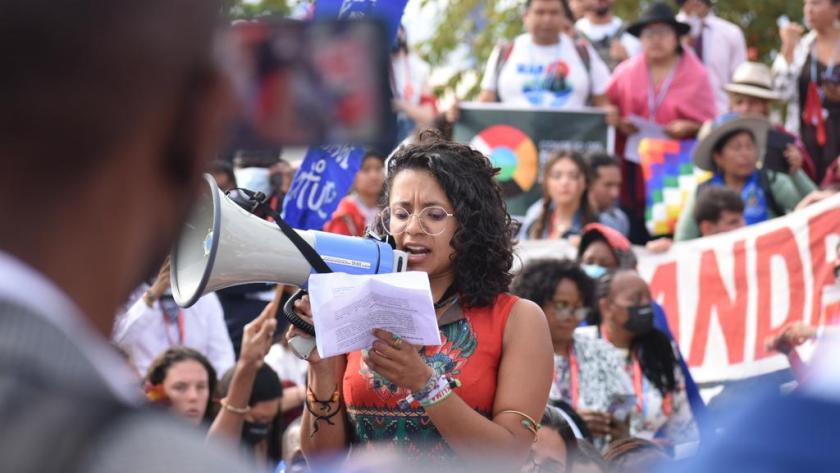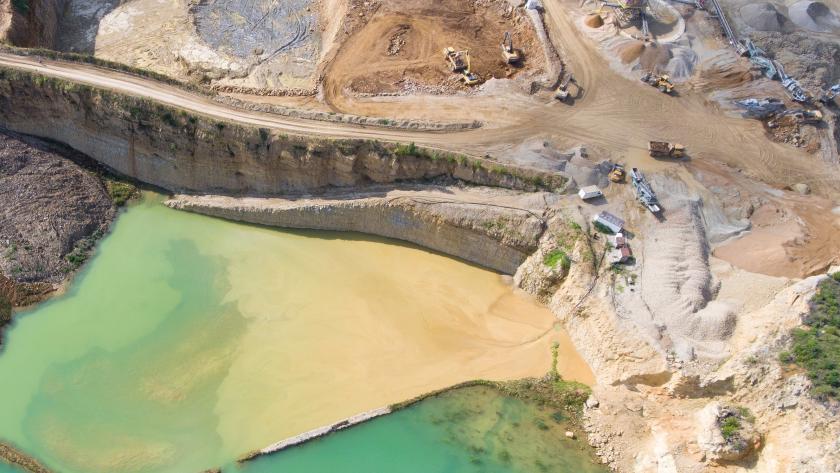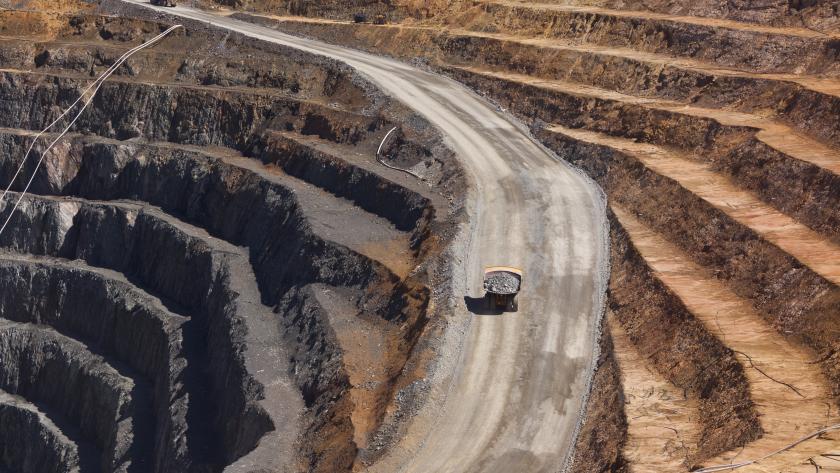
Anticorruption & accountability
Addressing extractive-sector corruption is crucial for citizens in resource-rich countries and for the attainment of global climate goals.
Corruption occurs at every step of the extractive industry value chain, and takes many different forms, both illegal and legal. Corruption diverts public money towards private hands and jeopardizes crucial environmental and social safeguards around the extractives sector, putting communities—particularly women and Indigenous peoples—and the environment at risk. Interests vested in preserving the fossil fuel sector undermine transition to a low-carbon future, while the mineral supply chains that underpin renewable technologies are also vulnerable to corruption risks.
NRGI works to prevent harm resulting from corrupt practices, limit the space for corruption to take place undetected, ensure corrupt actors are held accountable. NRGI builds knowledge of corruption risks and advocates for comprehensive accountability and transparency measures, including around beneficial ownership and contract disclosures. The organization supports country-specific anticorruption policy processes and international standard setting, including in the Extractive Industries Transparency Initiative.
Related people

Abdoulaye Ba
Africa Data and Research Officer

Mohamed Cisse
Guinea Program Associate

Mamady Diango
Guinea Project Assistant

Aida Diop
Senegal Senior Program Officer

Ana Carolina González Espinosa
Senior Director for Programs

Susannah Fitzgerald
Governance Officer
Zoljargal Naranbaatar
Mongolia Officer

Robert Pitman
Senior Governance Officer

Matthieu Salomon
Lead, Anticorruption

Aaron Sayne
Lead, Domestic Energy Transition

Mamadou Seck
Regional Manager for Francophone West and Central Africa

Amir Shafaie
Legal and Economic Programs Director

Erica Westenberg
Governance Programs Director

Nicola Woodroffe
Senior Legal Analyst
Filter by













